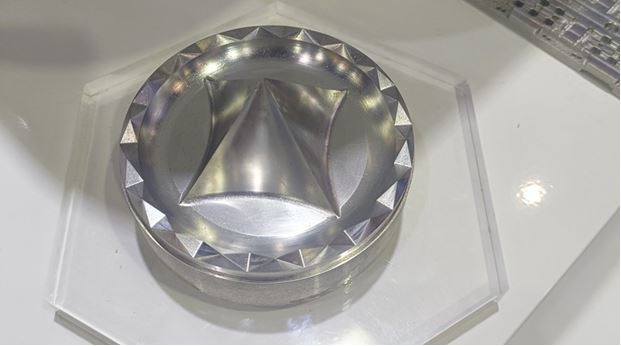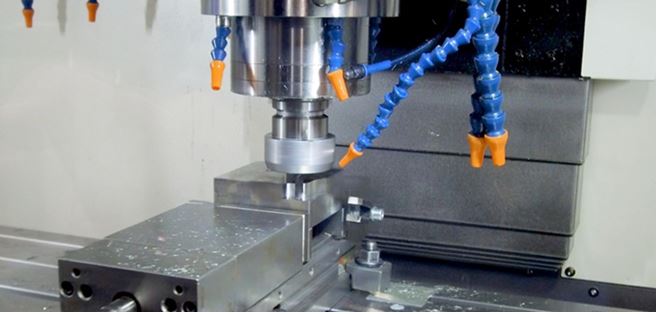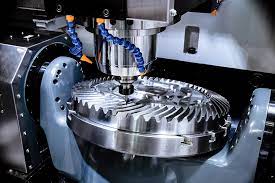Engineers and manufacturers are constantly seeking cutting-edge technologies to create intricate and accurate components. Among these technologies, CNC milling stands out as a stalwart, offering unparalleled precision and versatility.
Precision CNC Machining Services: Elevating Engineering with CNC Milling
CNC machining services play a crucial role in enhancing the efficiency and effectiveness of CNC milling processes. These services encompass a wide range of operations that support and optimize CNC milling, ultimately contributing to precision, speed, and overall quality in engineering and manufacturing. For a more in-depth understanding of CNC services, you can explore additional details on this topic at xcmachining.com.
What is CNC Milling?
The process involves the use of a cutting tool or multi-point milling cutters. This technology has revolutionized various industries, allowing for the production of complex, highly detailed parts with unmatched accuracy. CNC milling creates customized parts with a flat surface by removing materials from a workpiece. The anticipated growth of the CNC milling machines market, from $8,616.03 million in 2023 to $14,419.53 million by 2028, highlights the pivotal role of CNC milling in manufacturing. This technology’s precision and ability to create complex parts with unmatched accuracy are driving its increasing adoption across industries, shaping the future of manufacturing.

The Mechanics Behind CNC Milling
To comprehend why CNC milling is so widely adopted, it’s crucial to grasp the mechanics behind it. CNC milling machines use rotating cutting tools to remove material from a workpiece, guided by a computer program. This precise control ensures that each cut is executed with incredible accuracy, making it ideal for various engineering applications.
CNC Milling in the Automotive Industry
Crafting Engine Components
In the automotive sector, where precision is paramount, CNC milling plays a pivotal role. Engine components such as cylinder heads, crankshafts, and camshafts require intricate designs and precise measurements. CNC milling machines excel at crafting these components to perfection, enhancing engine performance and efficiency.
Customization in Car Interiors
Beyond the engine bay, CNC milling is used to create custom interior components. From dashboard panels to center console embellishments, CNC technology allows car manufacturers to provide unique and personalized experiences for their customers.
Aerospace: Where Precision is Non-Negotiable
Aerospace Component Manufacturing
In the aerospace industry, where safety is paramount, CNC milling ensures that every component meets stringent standards. From aircraft frames to turbine blades, precision is non-negotiable. CNC milling guarantees the highest level of accuracy, contributing to the overall safety and reliability of aircraft.
Prototyping and Development
CNC milling also plays a crucial role in the prototyping and development stages of aerospace projects. Engineers can quickly create and test components, allowing for rapid innovation and improvement in aerospace technology.
The Impact on Medical Devices
Impeccable Medical Instruments
Medical devices, from surgical instruments to prosthetics, demand unparalleled precision. CNC milling is indispensable in crafting these devices with impeccable accuracy, ensuring the safety and well-being of patients worldwide.
Advancements in Prosthetics
CNC milling has paved the way for advancements in prosthetics, enabling the creation of highly customized and functional prosthetic limbs that enhance the quality of life for individuals with limb loss.
Conclusion
In the ever-evolving landscape of engineering, CNC milling stands as the backbone of precision manufacturing. Its applications span across various sectors, from automotive and aerospace to healthcare, proving its unrivaled versatility. As technology continues to advance, CNC milling will undoubtedly remain at the forefront, shaping the future of precision engineering.







